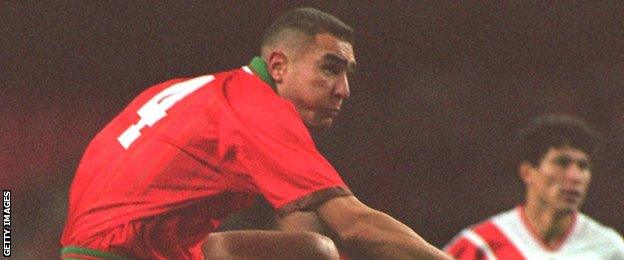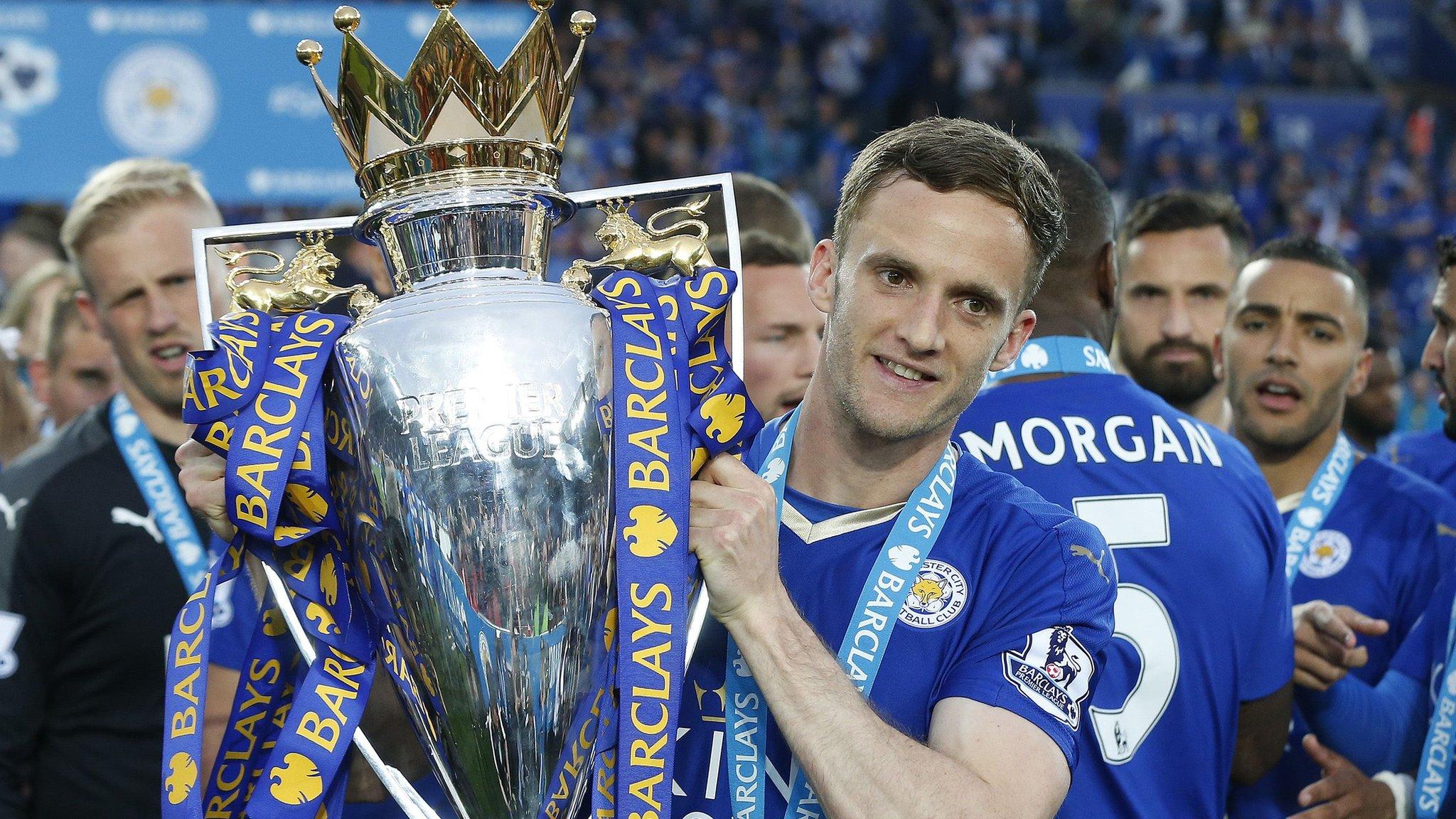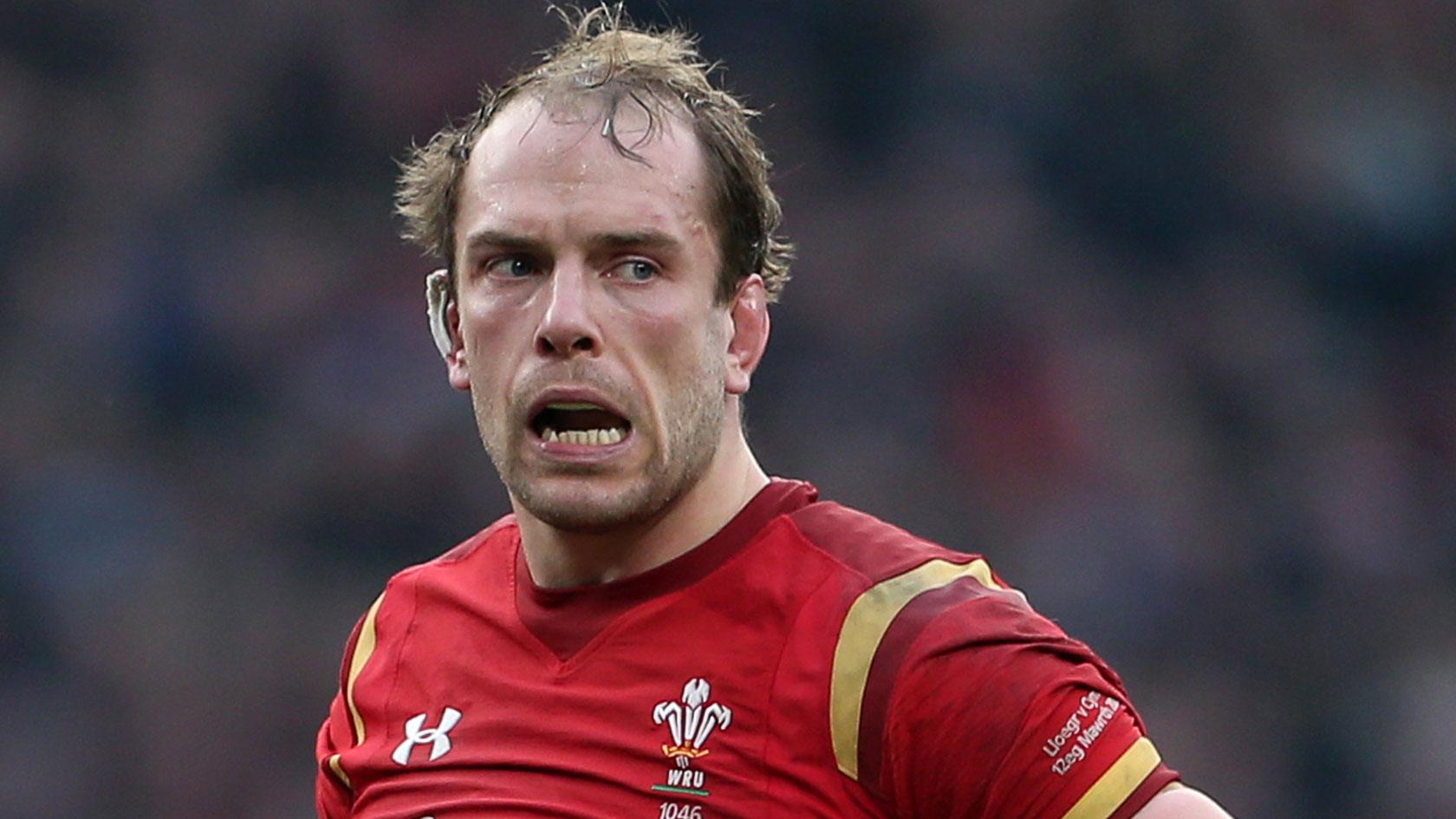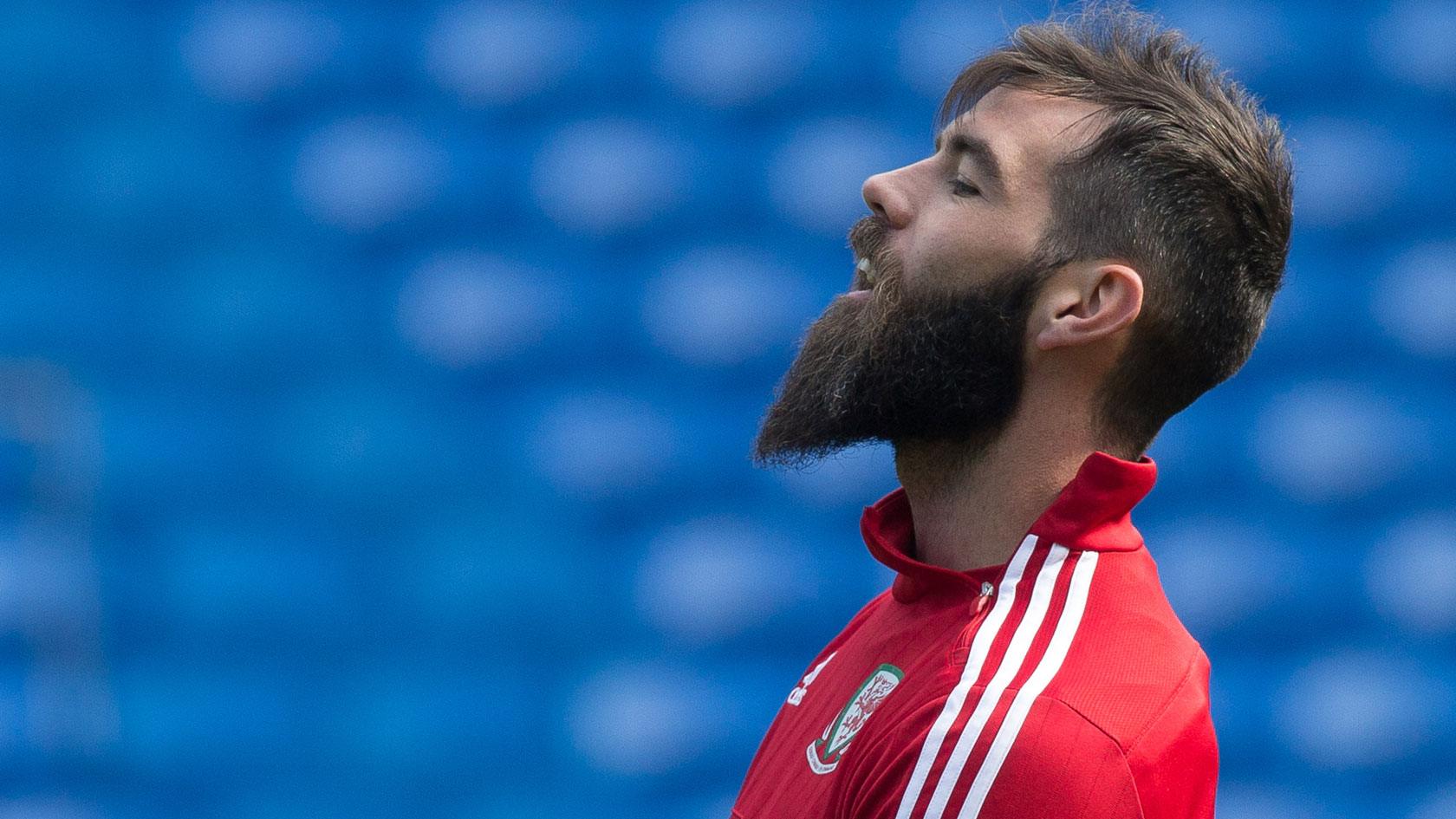Euro 2016 build-up: Infighting, prisons & Maldini's shirt - The Bobby Gould years
- Published
Wales boss Bobby Gould resigns live on TV after losing to Italy in 1999
Pre-Euro 2016 friendly: Sweden v Wales |
|---|
Date: Sunday, 5 June Venue: Friends Arena, Stockholm Kick-off: 15:00 BST |
Coverage: Live on BBC Radio Wales, BBC Radio Cymru & BBC Sport website and BBC Sport app, plus live text commentary. |
Watch: Wales: The Road to the Euros documentary on Wednesday, BBC One Wales, 19:30 BST |
A punch-up with John Hartson, training sessions held in a prison to spite the media and a public row with Robbie Savage. Life was never dull when Bobby Gould was Wales manager.
That was the squad current boss Chris Coleman was in during Gould's often chaotic reign of the 1990s. Twenty years on, they have qualified for their first major tournament since 1958 and boast the world's most expensive player.
Gould, though, looks back on one of the most colourful periods in Welsh football history by fondly admitting he would do it all again. Don't worry Welsh fans, that's unlikely.
Gould was appointed Wales manager in June 1995, ahead of 'Big' Ron Atkinson - and by 1998, Welsh rock band Manic Street Preachers changed the lyrics of their hit single 'Everything Must Go' to 'Bobby Gould Must Go' at a gig in Cardiff.
Bobby Gould remembers his training ground bust-up with John Hartson
Fighting with John Hartson
Gould's tenure was lively to say the least, especially a memorable training session held at Newport's Spytty Park and his bust-up with former Wales striker John Hartson.
"We went over to the far corner so the press couldn't see us and I said to John 'you want me, don't you?'" Gould recalls. "He says 'yeah.' So we grappled and had a circle with all the players around us.
"At one stage I was on the floor, getting the biggest hiding of my life and I look up and see Ryan Giggs on one side, Mark Hughes on the other and they were getting excited and enjoying the moment.
"I just wanted to eradicate the bad feeling, I wanted a relationship with John. Some people might have done it differently, some people might have thought I was a raving lunatic.
"Did it work? I don't know. We see each other now and we have a cuddle. A man cuddle. We never lost any respect for each other."
Rewind: Wales boss Bobby Gould and Robbie Savage hold bizarre press conference
Getting shirty with Robbie Savage
His news conference with Robbie Savage after the midfielder threw down Paulo Maldini's shirt in a TV interview prior to a match against Italy in 1998 goes down in Welsh folklore.
"We were in Wrexham and Graham Williams [Gould's number two] said I needed to see the news," Gould added.
"I saw what Robbie had done, went downstairs, knocked on his bedroom door and said 'Sav, I don't want you in my squad, I cannot accept what you have done with Maldini's shirt.'
"He went home and then the other players came and saw me and there were a few remarks saying that they would like him back in the squad.
"I had a team meeting and they wanted him back, so I said he could return as a sub. Sav knew the circumstances, he came back in and the rest is history."
Put the press behind bars

Selecting Vinnie Jones and failing to pick Ian Rush were two factors that turned the Welsh fans against Bobby Gould
Things went from bad to worse for Gould, who endured poor results in qualifiers and friendlies - Wales even lost 2-1 to Leyton Orient in May 1996.
Gould had made unpopular decisions, such as ending the international career of Ian Rush, but chose a novel way to fight back against the press.
"I had a rough time with the media," he remembered. "It got that bad that I decided to go and train in a prison. We went to Usk Prison, I thought about the media 'they are making it hard for me, so I will make it hard for them as well.'
"We had a press conference in the prison, all the players there, all the media there. While some players would find it strange, I hoped there would be a bonding element to it.
"It was outside the box thinking. All the Welsh people might think that I was outside the box, but that is me. That is how I live my life. I don't regret anything. The honour of being the national team manager of Wales, I can't thank people enough for that."
- Published25 May 2016

- Published25 May 2016

- Published25 May 2016

- Published20 June 2016

- Published7 June 2019
